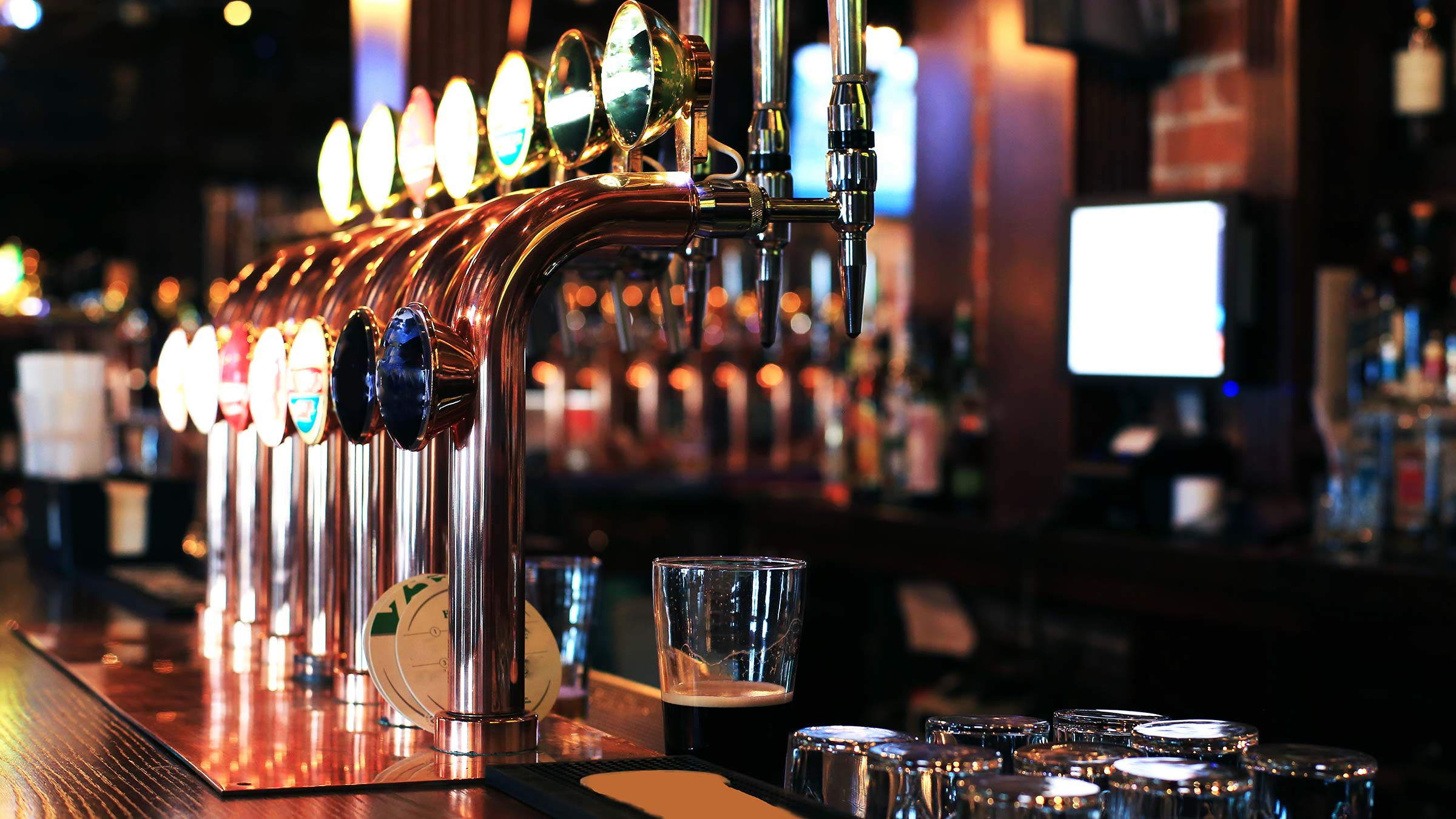In many ways, not much has changed in the core pub proposition in the last few decades. The combination of a welcoming environment and good choice of drinks, often accompanied by a decent food menu, has been winning over customers for generations. This is, after all, what we love about the pub.
But as the market evolves, consumer habits change, and the cost of living soars, smart operators are considering ways to develop a competitive edge.
Today, there is an exciting opportunity to pay closer attention to the shifting external consumer landscape. In particular, I feel that there are valuable lessons to be learnt from the adjacent consumer goods sector, where consumer insight sits front and centre (and where even a small company invests millions of pounds a year in customer insight).
“I feel that there are valuable lessons to be learnt from the adjacent consumer goods sector, where consumer insight sits front and centre”
Studying consumer goods trends, applying them in a pub setting and adapting offerings accordingly could provide a critical point of difference at this unique time for the pub sector.

Take low and no alcohol, for example. The category is booming: research from IWSR found that the market for low and no products grew by a third in 2020, and continued on a similar growth trajectory through 2021. Major global players like Heineken and Asahi have diversified into low and no, as well as smaller challenger brands disrupting the market. We know that demand is there – almost one in three UK drinkers now ‘semi-regularly’ consume low and no alcohol products – so should pub operators be prioritising this as a major sales category?
In most pubs, it still feels rare to find alcohol-free beer options on tap, or to be able to choose from a sufficiently broad range of 0% ABV spirits. As more consumers reassess their drinking habits, pubs should possibly internalise these insights and treat low and no alcohol products with the same importance as alcoholic drinks. After all, according to discovery app Better Without, 53% of people say they would visit a venue more often if better alcohol-free options were available.
“According to discovery app Better Without, 53% of people say they would visit a venue more often if better alcohol-free options were available”
The same can be said of hard seltzers. A year or so ago, few of us had heard of these products – flavoured sparkling water with added alcohol. But now ready-to-drink cans line the shelves of supermarkets, and the UK industry is set to be worth £75m by 2027. White Claw, the market leader in the US, launched into the UK in 2020 and more and more drinks businesses are placing bets on the category, hoping to capitalise on increased demand for low-calorie alcohol alternatives. Molson Coors has unveiled its new hard seltzer brand Three Fold, and companies including BrewDog, Kopparberg, Heineken, Smirnoff and Coca-Cola have all developed their own take on the category. Against this backdrop, it feels surprising that hard seltzers aren’t more widely available in pubs around the country.

In food, pubs have recognised and catered to the growing demand for vegetarian and vegan meals, but options are still limited, with the adjacent casual dining sector being significantly more advanced in this area. Sustainability is also high on the agenda for consumers, who will likely begin to seek more seasonal produce in their pub meals. Moreover, the pandemic has given customers a newfound appreciation of their local area – which, despite the supply chain challenges, represents an exciting opportunity to offer menus which feature ingredients sourced from local and independent suppliers.
“The pandemic has given customers a newfound appreciation of their local area – which, despite the supply chain challenges, represents an exciting opportunity to offer menus which feature ingredients sourced from local and independent suppliers”
Despite the emergence of digital ordering during Covid, pubs still have markedly less data on their customer base than other consumer-facing sectors. By tracking buying habits, category demand and product success stories in FMCG, pub operators can make better informed adjustments to their own offering.
Now, as the hospitality industry recovers from the impact of Covid-19 and businesses take a more proactive approach to growth, leadership priorities will inevitably change. In pubs, there is an exciting opportunity to invest in insight capabilities and pivot offerings accordingly. Hospitality is moving fast, and pub operators who do not keep an ear to the ground run the risk of being left behind.
Elliott.goldstein@thembsgroup.co.uk | @TheMBSGroup
This article was originally published in Propel’s Friday Opinion newsletter.








